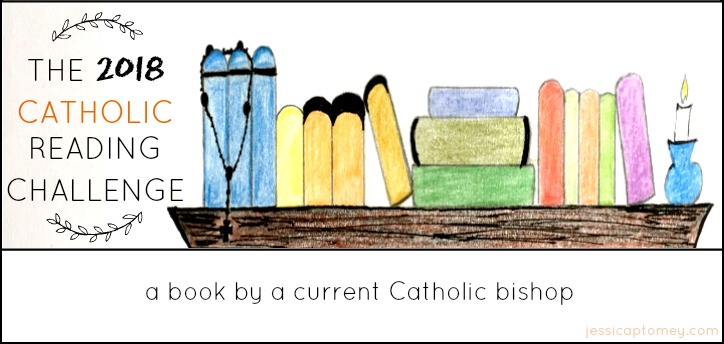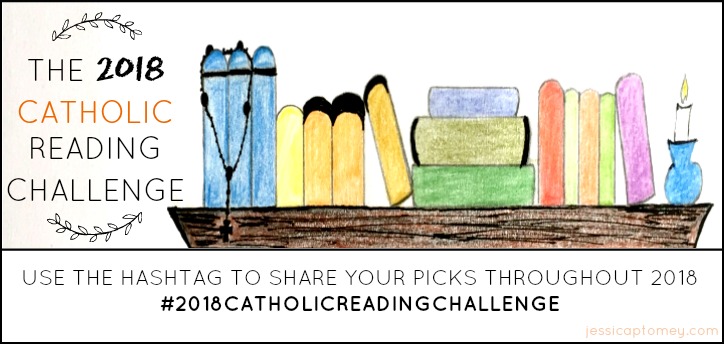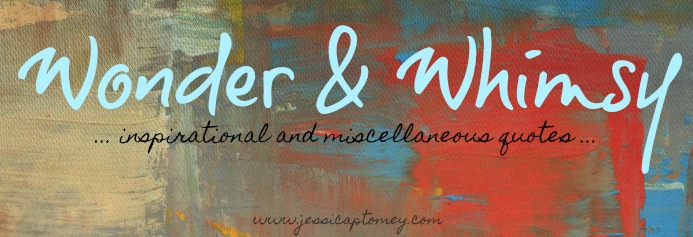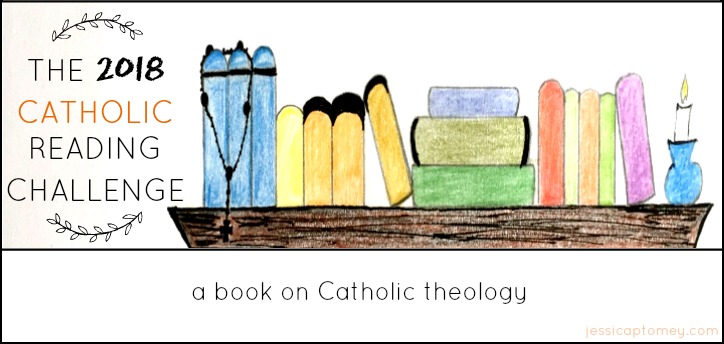We are wrapping up the year for the 2018 Catholic Reading Challenge. I’m down to my second-to-last category…

Category: “a book by a current Catholic bishop”
My Pick: Heaven in Stone and Glass by Bishop Robert Barron
You know when you serendipitously pick up just the right book at the right time? It’s wonderful; isn’t it? This book was like that for me. It was on our bookshelf, and you can never go wrong with Barron. This was one of the easiest, most delight-filled spiritual reads for me. You could totally read it in a day. It’s all about the spiritual significance of the architecture of the great cathedrals.
I’ve been aching recently to travel to Europe and see these beautiful churches built hundreds of years ago in such glory. One day. Hopefully it will not be too long before we can take our family on an adventure like that. But for now, I’m thankful that I can read about these places. Barron took me where I couldn’t visit myself, and reading about his hours of meditation in France’s great cathedrals fed my soul.
Of course, I knew generally about some of the spiritual meaning behind the stained glass designs and carved stone figures. But Barron gives insights on the architecture that help shake us out of our modern sensibilities and see the beauty of these cathedrals with medieval eyes. His explanations of patterns and themes will drawn your heart heavenward. My heart was filled with awe and gratitude that these buildings are part of our spiritual heritage. Now I have even more to look for and appreciate when I do take that pilgrimage to Europe one day.
What did you read for “a book by a current Catholic bishop”?

Copyright 2018 Jessica Ptomey


